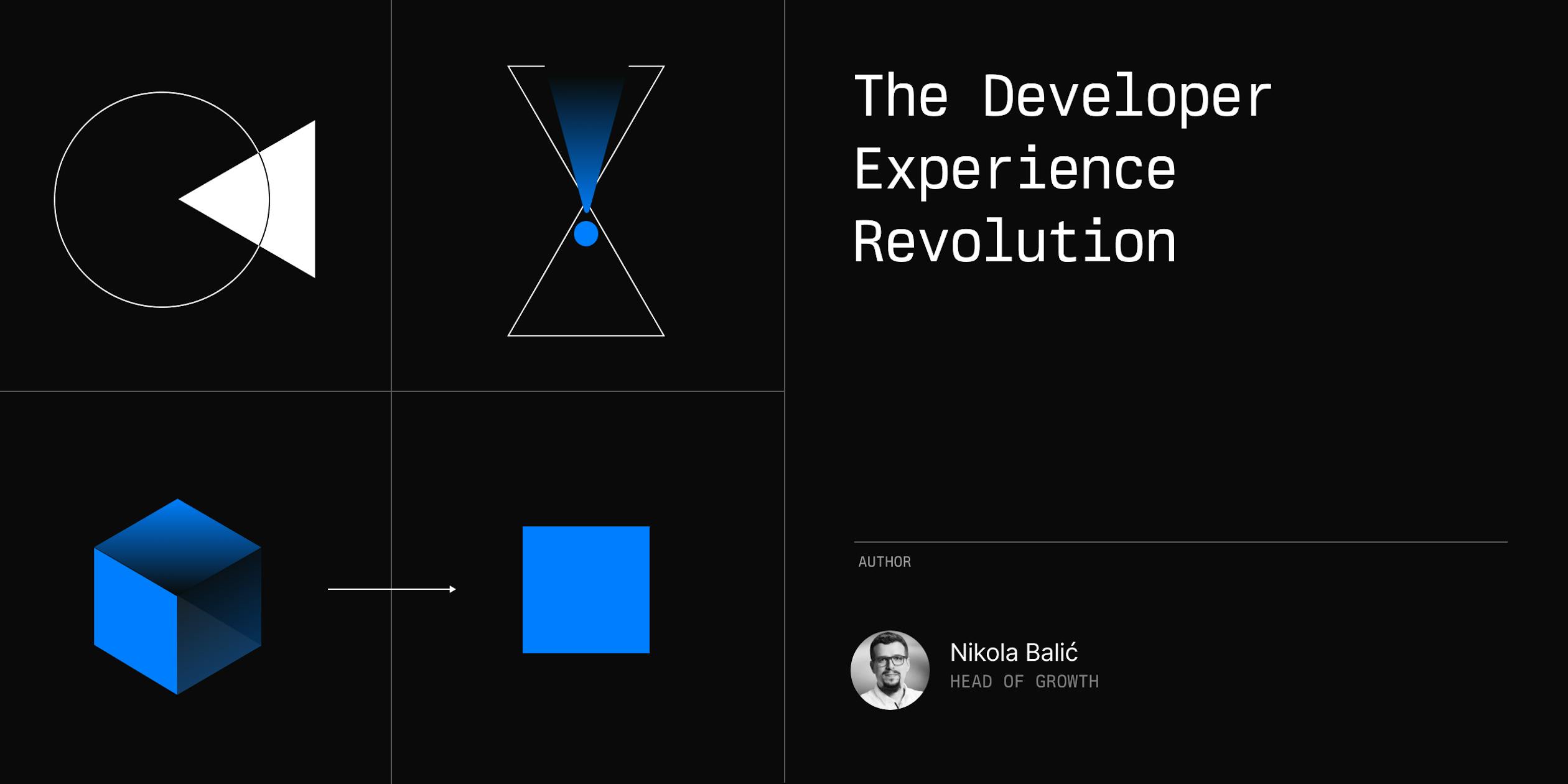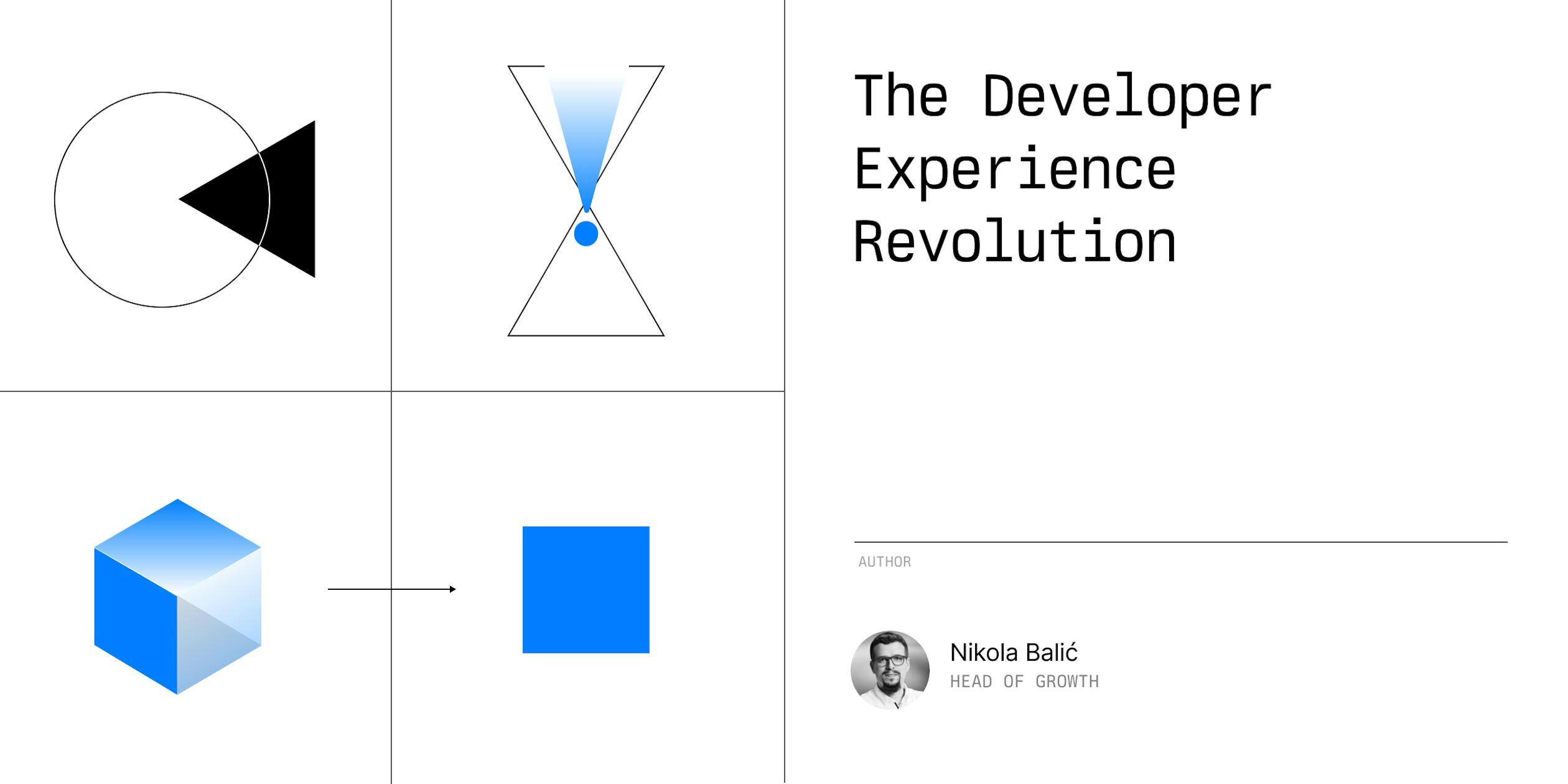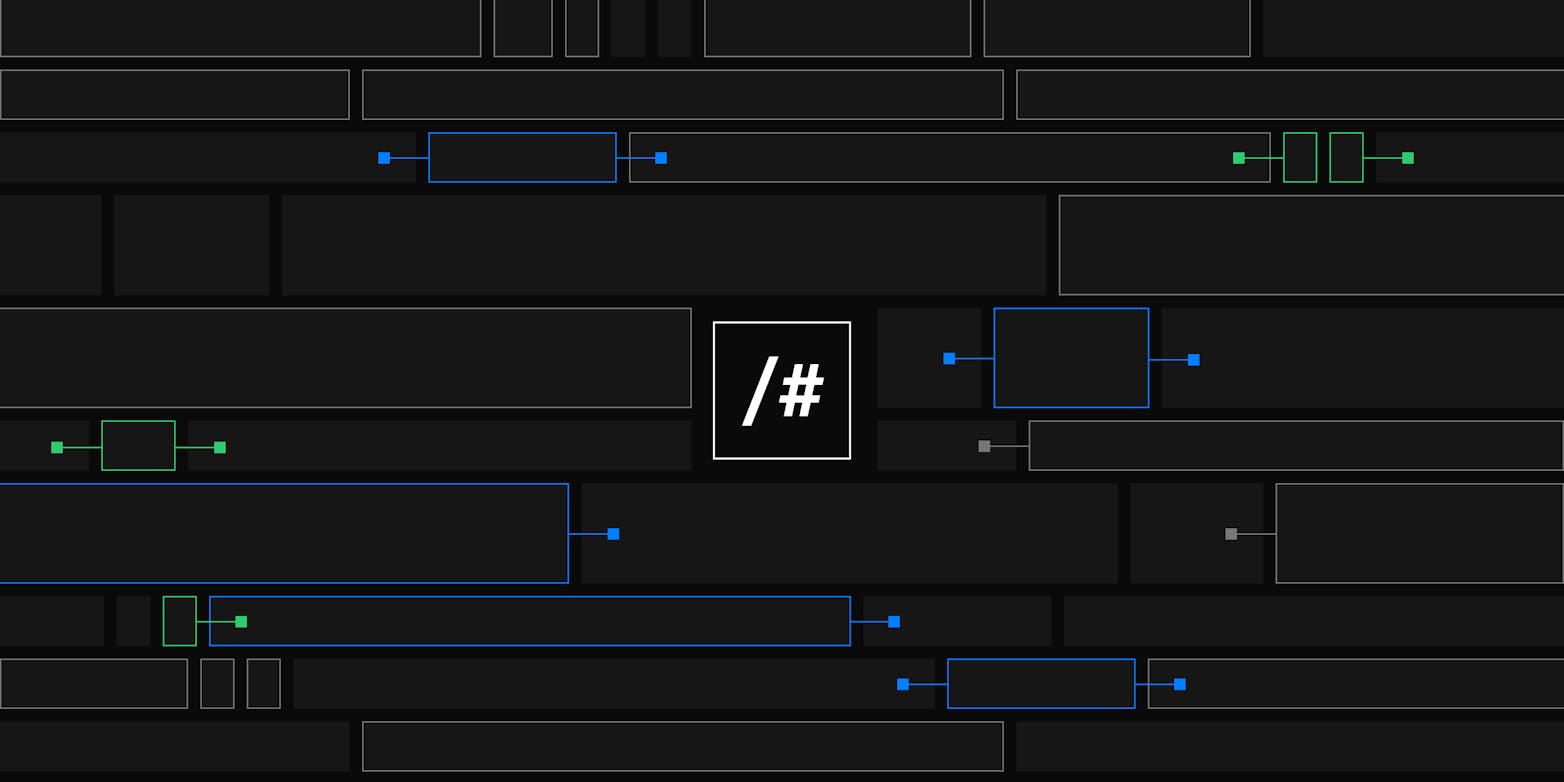Imagine a world where developers spend more time innovating and less time wrestling with tools. A world where coding environments adapt to developers, not the other way around. This isn't a distant dream—it's the reality being shaped by the Developer Experience (DX) revolution.
As software continues to eat the world, the experience of those who create it has become paramount. DX is no longer a nice-to-have; it's a critical factor driving productivity, innovation, and competitive advantage in the tech industry.
In this article, we'll explore how DX is transforming software development, its impact on businesses and developers alike, and what the future holds for this exciting field.
The Evolution of Developer Tools: From Complexity to Simplicity
Gone are the days when developers had to grapple with cryptic interfaces and obscure error messages. The focus has shifted from merely building robust applications to creating an ecosystem that empowers developers to do their best work.
This paradigm shift has led to the creation of more user-friendly, intuitive tools that prioritize the developer's experience. The result? A new generation of development environments that are as powerful as they are pleasant to use.
Defining Developer Experience
Developer Experience (DX) encompasses the overall experience a developer has when interacting with tools, platforms, and processes in their work environment. It's about creating an ecosystem that empowers developers to do their best work, focusing on factors like:
Intuitive interfaces and workflows
Clear, comprehensive documentation
Efficient debugging and testing processes
Seamless integration between tools
Robust support and community resources
The Impact of DX on Software Development
The focus on DX has revolutionized software development in numerous ways:
Increased Productivity: User-friendly tools allow developers to work more efficiently, spending less time fighting with their environment and more time solving complex problems.
Enhanced Innovation: When developers aren't bogged down by tool-related issues, they have more mental bandwidth for creative problem-solving and innovation.
Faster Time-to-Market: Streamlined workflows and efficient tools lead to quicker development cycles and faster product releases.
Improved Code Quality: Better tools often lead to better code, with integrated linting, testing, and review processes.
Higher Job Satisfaction: A positive DX contributes to developer happiness, reducing burnout and improving retention rates.
These improvements are evident across all stages of the software development lifecycle, from requirements gathering to maintenance. By allowing developers to focus on solving complex problems rather than wrestling with their tools, DX sets the stage for unprecedented advancements in software development.
The Role of Collaboration in DX
While individual productivity is crucial, the best outcomes in software development often stem from effective collaboration. Great developer tools play a key role in enhancing DX by simplifying code sharing, change tracking, and team communication.
Platforms like GitHub, Slack, and Jira don't just keep teams in sync – they actively improve DX by streamlining daily workflows. The open-source model, in particular, has significantly influenced the development of DX-focused tools. Many popular developer tools, such as Visual Studio Code, are open-source projects that benefit from community contributions and feedback, leading to continuous improvements in DX.
The Future of DX: AI, Automation, and Cloud-Native Development
As we look to the future, several trends are poised to further revolutionize DX:
AI-Powered Development: Artificial Intelligence is set to become an integral part of the development process. AI assistants will offer intelligent code suggestions, automate routine tasks, and provide deeper insights into code quality and performance.
Seamless CI/CD: Continuous Integration and Continuous Deployment processes will become even more streamlined, with deployments happening automatically and incrementally across regions.
Cloud-Native Development: The shift towards cloud-native development environments will continue, allowing developers to work from anywhere with instant access to scalable resources.
Enhanced Collaboration Tools: Future tools will further break down barriers between team members, enabling real-time collaboration regardless of geographical location.
Case Study: Daytona - Revolutionizing DX
To illustrate the impact of modern DX-focused tools, let's look at Daytona, our comprehensive Dev Environment Management platform. Daytona exemplifies the future of DX by:
Providing instant, ready-to-code environments directly from repositories
Enabling simultaneous running of multiple environments
Offering customizable setups that use developers' preferred configurations
Streamlining collaboration by making it easy to share and replicate environments
Daytona's approach aligns with the vision articulated by DX thought leader Shawn Wang:
The last thing that hasn't been moved to the cloud is your Dev environment. For some reason, you must git clone things down. For some reason, your Python environment needs to be exactly correct or you cannot run your projects. That seems very outdated compared to everything else that we do that is already cloud-based.
Tools like Daytona are paving the way for a future where development happens in continuous, live environments connected to the entire cloud toolchain.
The Business Case for Investing in DX
Investing in DX isn't just about making developers happy – it's a strategic business decision with far-reaching implications:
Talent Attraction and Retention: In a competitive job market, companies that prioritize DX have a significant advantage in attracting and retaining top talent.
Increased Innovation: By freeing developers from mundane tasks, companies can foster a culture of innovation and creativity.
Faster Time-to-Market: Improved DX leads to faster development cycles, allowing companies to respond more quickly to market demands.
Cost Savings: While there may be upfront costs in implementing DX-focused tools, the long-term savings in terms of developer productivity and reduced errors can be substantial.
Competitive Advantage: Companies that embrace DX are better positioned to adapt to new technologies and methodologies, giving them an edge over competitors.
Implementing DX in Your Organization
To improve DX in your organization:
Assess Current Tools: Evaluate your existing toolchain and identify pain points.
Invest in User-Friendly Tools: Choose tools that prioritize ease of use and integrate well with your existing workflow.
Prioritize Documentation: Ensure all tools and processes are well-documented and easily accessible.
Foster a Feedback Culture: Encourage developers to provide feedback on tools and processes, and act on that feedback.
Continuous Learning: Invest in training and resources to help your team stay up-to-date with the latest DX-enhancing tools and practices.
Measure and Iterate: Use metrics to track the impact of DX improvements and continuously refine your approach.
Conclusion: Embracing the DX Revolution
As we look towards the future, it's clear that Developer Experience will play a pivotal role in shaping the landscape of software development. By embracing DX-focused tools and practices, organizations can unlock unprecedented levels of productivity, innovation, and developer satisfaction.
The companies that thrive in this new era will be those that recognize DX not as a luxury, but as a fundamental component of their software development strategy. As the lines between development, operations, and business continue to blur, a strong focus on DX will be crucial in creating the agile, innovative organizations of tomorrow.
In the words of Shawn Wang, "Developer environments should be like cattle, not pets." This shift towards treating development environments as disposable, easily replicable resources is just one aspect of the broader DX revolution that's underway.
As we stand on the brink of this exciting new era, one thing is clear: the future of software development is bright, and it's being shaped by an unwavering focus on Developer Experience. The question is not whether your organization will join this revolution, but when and how. The time to prioritize DX is now.







